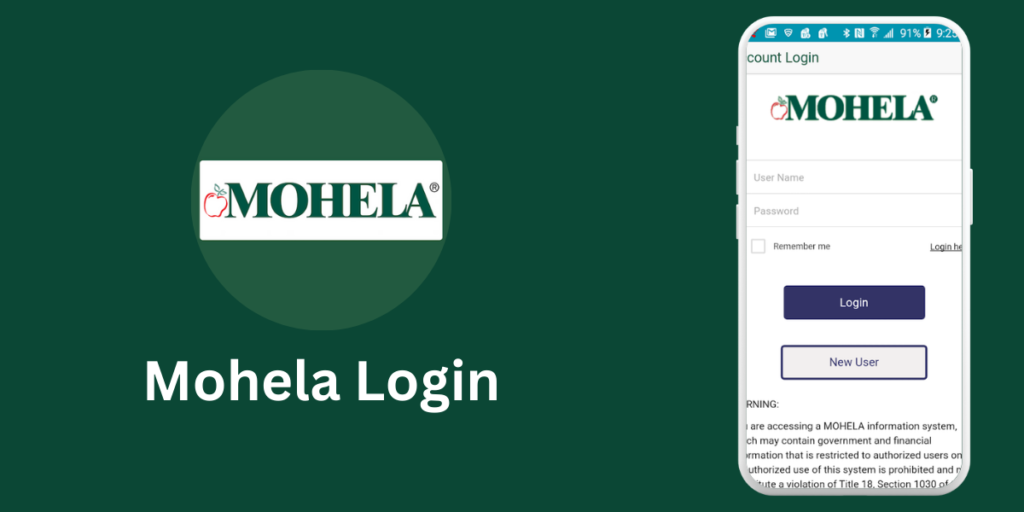Ensuring employee well-being through proper rest periods is essential in the workplace. The Kentucky Bill Lunch Breaks is a crucial piece of legislation designed to regulate meal and rest breaks for workers in the state. In this comprehensive guide, we delve into the specifics of this law, its implications for both employers and employees and the best practices for compliance.
Overview of the Kentucky Bill Lunch Breaks
The Kentucky Revised Statutes (KRS) 337.355 mandates that employers provide lunch breaks to employees who work for a specified number of hours. This legislation is part of a broader effort to ensure that employees receive adequate rest during their workday, which is crucial for maintaining productivity and overall well-being.
Key Provisions of the Kentucky Bill Lunch Break Law
Eligibility for Lunch Breaks
Under the Kentucky Bill Lunch Break Law, employees who work a shift of more than five hours are entitled to a meal break. The break must be at least thirty minutes long and is generally unpaid, provided the employee is completely relieved from duty during this time.
Paid vs. Unpaid Breaks
Meal breaks are typically unpaid, but if an employee is required to perform any work duties during the break, it must be considered a paid break. Employers must ensure that employees are entirely free from work obligations to qualify the break as unpaid.
Timing of Breaks
The law does not specify the exact timing of the break, allowing flexibility for employers to schedule it based on operational needs. However, the break should generally be taken around the middle of the shift to maximize its benefit.
Special Considerations for Certain Employees
Minors
Special rules apply to employees under the age of 18. Minors must receive a meal break of at least thirty minutes for every five hours worked. Additionally, they are entitled to a ten-minute rest break for every four hours worked.
Exemptions
Certain employees, such as those in executive, administrative, or professional roles, may be exempt from the meal break requirements under the Fair Labor Standards Act (FLSA). Employers should carefully review both federal and state laws to determine eligibility for exemptions.
Employer Responsibilities and Compliance
Documentation and Record-Keeping
Employers must maintain accurate records of meal breaks to demonstrate compliance with the law. This includes documenting the start and end times of each break. Proper record-keeping helps protect employers in the event of a dispute or audit.
Policies and Training
To ensure compliance, employers should develop clear policies regarding meal breaks and train supervisors and employees on these policies. Regular training sessions can help reinforce the importance of adhering to the lunch break laws and prevent inadvertent violations.
Handling Violations
If an employee’s right to a meal break is violated, they may file a complaint with the Kentucky Labor Cabinet. Employers found in violation may face penalties, including fines and back pay for the affected employees. Proactively addressing potential issues and maintaining open communication with employees can help mitigate the risk of violations.
Benefits of Adhering to Lunch Break Regulations
Enhanced Employee Well-Being
Providing adequate meal breaks ensures that employees have time to rest and recharge, leading to improved mental and physical health. This, in turn, can reduce absenteeism and enhance overall job satisfaction.
Increased Productivity
Well-rested employees are more productive and focused. Ensuring compliance with lunch break laws can result in a more efficient and effective workforce, ultimately benefiting the company’s bottom line.
Legal Protection
Adhering to the Kentucky Bill Lunch Breaks shields employers from legal disputes and potential penalties. It demonstrates a commitment to fair labor practices and compliance with state regulations, fostering a positive workplace culture.
Best Practices for Employers
Establish Clear Communication Channels
Effective communication is key to ensuring that employees understand their rights and responsibilities regarding meal breaks. Employers should provide written policies and regularly discuss them during staff meetings.
Regularly Review and Update Policies
Laws and regulations can change, so employers need to stay informed about updates to the Kentucky Bill Lunch Breaks. Regularly reviewing and updating internal policies ensures continued compliance and demonstrates a commitment to employee welfare.
Encourage a Positive Break Culture
Fostering a workplace culture that values and respects break times can lead to a more satisfied and productive workforce. Employers should encourage employees to take their designated breaks and discourage working through them.
Conclusion
Understanding and adhering to the Kentucky Bill Lunch Breaks is essential for both employers and employees. By providing necessary meal breaks, employers can enhance employee well-being, increase productivity, and protect themselves from legal issues. Clear communication, proper documentation, and a commitment to compliance are the cornerstones of effectively managing lunch break policies.
Read our more Blogs…



